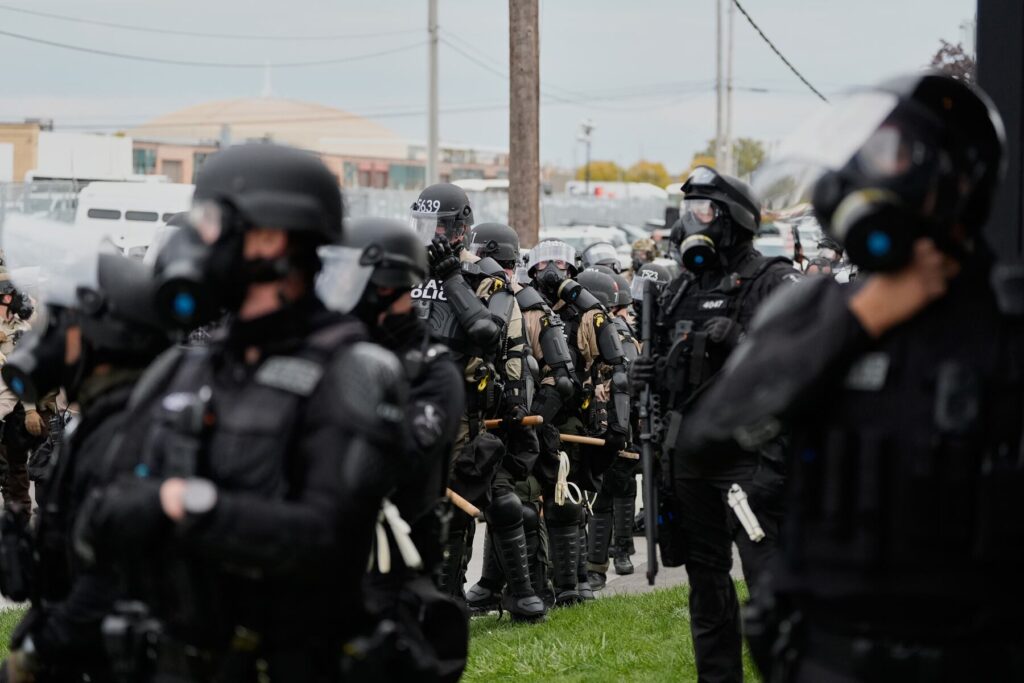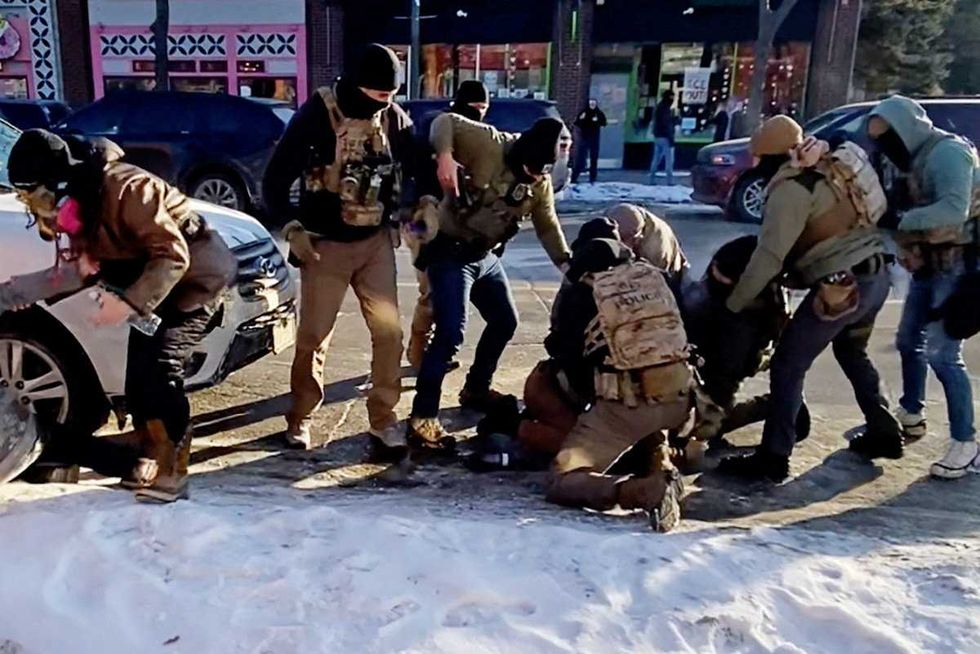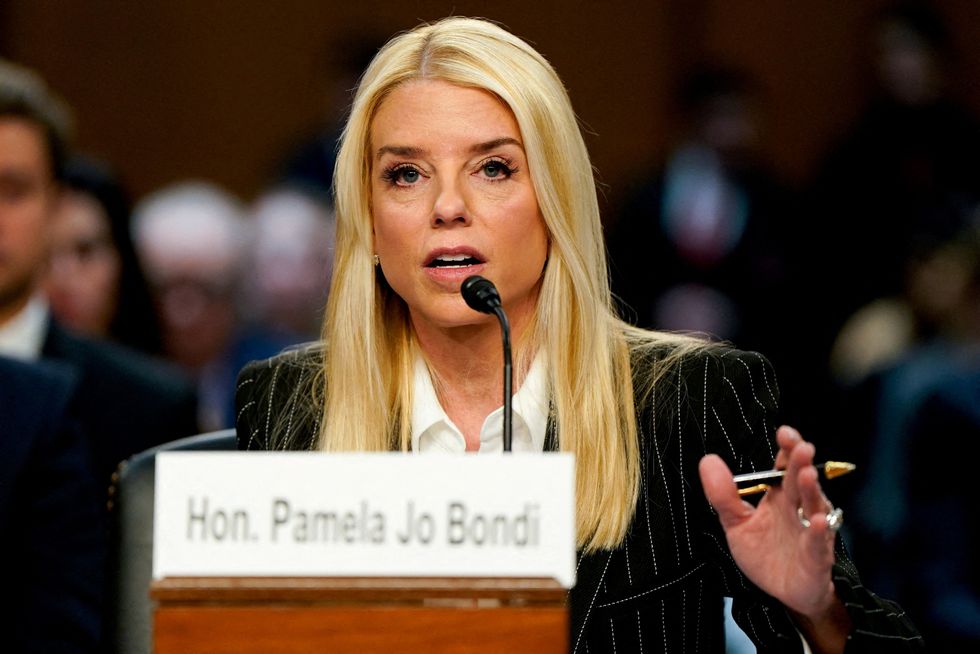
A federal judge has mandated urgent improvements at a U.S. Immigration and Customs Enforcement (ICE) facility in Broadview, a suburb of Chicago. This decision comes after detainees filed a lawsuit claiming they were subjected to “inhumane” conditions. The temporary restraining order, issued by U.S. District Judge Robert Gettleman, is effective for 14 days and outlines specific requirements for the facility.
Among the improvements mandated, officials must provide detainees with clean bedding mats, adequate space to sleep, and essential hygiene products. Judge Gettleman criticized the current conditions, stating, “People shouldn’t be sleeping next to overflowing toilets. They should not be sleeping on top of each other.” The judge emphasized that holding rooms must be cleaned at least twice a day and that detainees should have access to showers every other day, three meals a day, and bottled water upon request.
Concerns about the living conditions at the Broadview facility have been raised for months. The facility has attracted scrutiny from multiple advocacy groups and members of Congress. Family members of detainees have described it as a de facto detention center, leading to ongoing protests and heightened public attention.
A spokesperson for the Department of Homeland Security defended the facility, asserting that detainees receive three meals a day, have access to phones for communication, and are not denied necessary medical care. Tricia McLaughlin, a representative from DHS, stated, “Despite hoaxes spread by criminal illegal aliens, the complicit media, and now an activist judge, the ICE Broadview Facility does NOT have subprime conditions.”
Judge’s Findings and Requirements
Following a hearing on March 15, 2024, Judge Gettleman described the alleged conditions within the facility as “unnecessarily cruel.” He found the testimonies presented to be highly credible, particularly concerning overcrowding, lack of basic sanitation, and inadequate access to clean drinking water.
The order issued by the judge includes stipulations that detainees must be allowed to communicate privately with their lawyers at no cost. Additionally, authorities are required to provide a list of pro bono attorneys available in both English and Spanish. Misrepresentation of legal documents presented to detainees has been explicitly prohibited.
In response to the findings, Judge Gettleman has requested a status report by noon on March 17, 2024, detailing how the facility will comply with these requirements. He acknowledged the challenges ahead, stating, “I don’t expect to snap my fingers and have this done.”
Legal and Advocacy Responses
The legal representatives for the detainees welcomed the judge’s order, highlighting the importance of ensuring that detainees are not coerced into signing documents without understanding their rights. Alexa Van Brunt, an attorney with the MacArthur Justice Center, asserted, “They cannot slip in a form written in a language somebody doesn’t understand and then all of a sudden the person gets whisked out of the country. That coercion has got to stop.”
As part of the ongoing legal proceedings, the plaintiffs’ attorneys are seeking to gather documents that reveal the facility’s internal policies, inspection logs, and details regarding the provision of food and medical supplies. They argue that transparency is crucial for understanding the conditions detainees face daily.
In a separate but related matter, a senior Border Patrol official, Greg Bovino, has faced scrutiny regarding the use of force against protesters demonstrating against ICE policies. During a deposition, Bovino defended the tactics employed by agents, which have included the use of pepper balls and tear gas during protests. These allegations have spurred further legal investigations into the actions of federal agents in the Chicago area.
U.S. District Judge Sara Ellis has previously mandated that ICE agents wear identification badges and has prohibited certain riot-control tactics against peaceful protesters. She has expressed dissatisfaction with federal officials’ compliance with her orders, emphasizing the necessity for accountability.
As legal proceedings continue, the situation at the Broadview facility remains a focal point for advocates calling for reform within the immigration detention system. Witnesses of recent protests have described incidents of excessive force, raising questions about the treatment of individuals during demonstrations and the overall conduct of immigration enforcement agencies.






